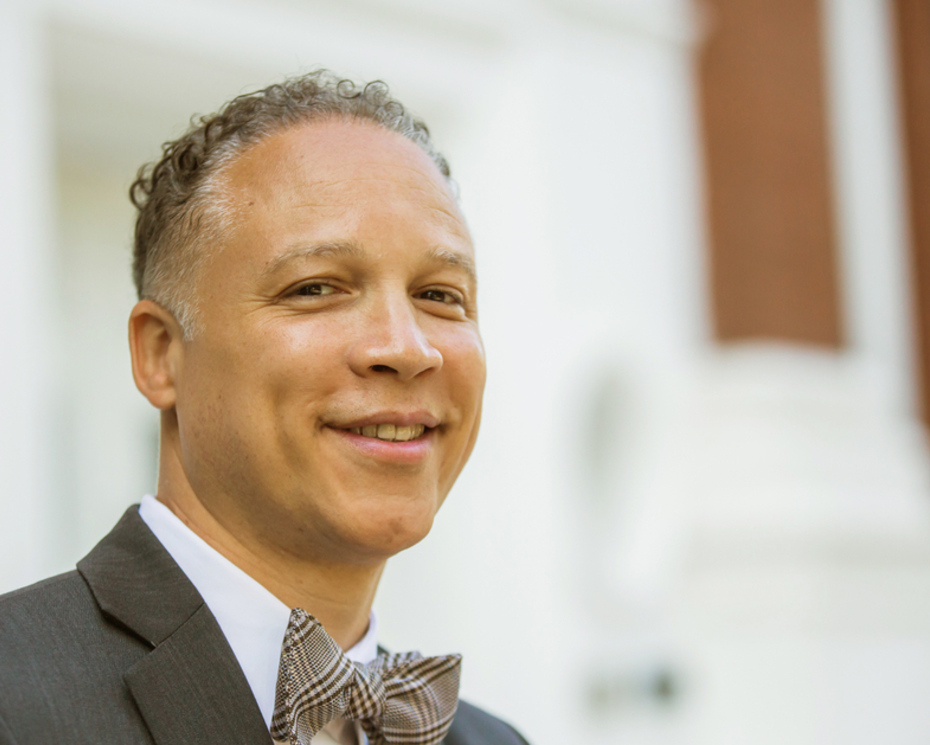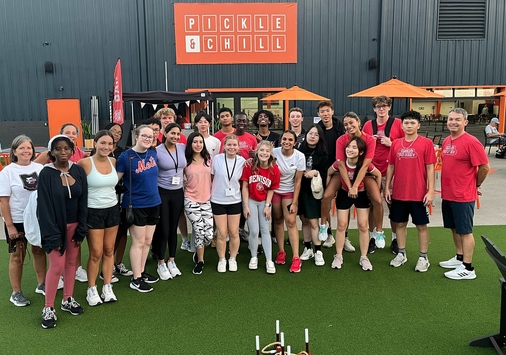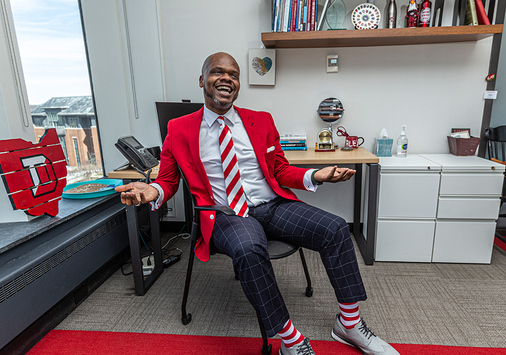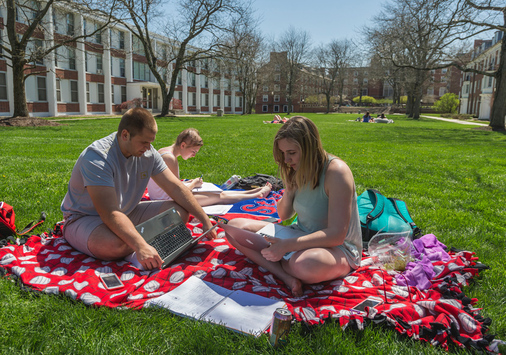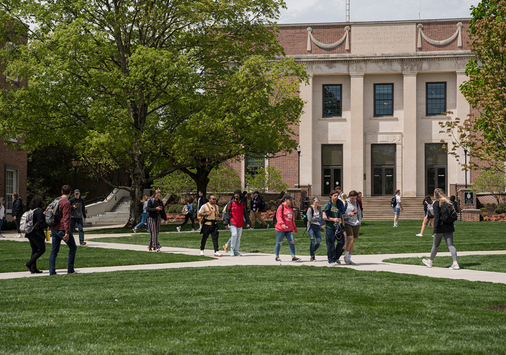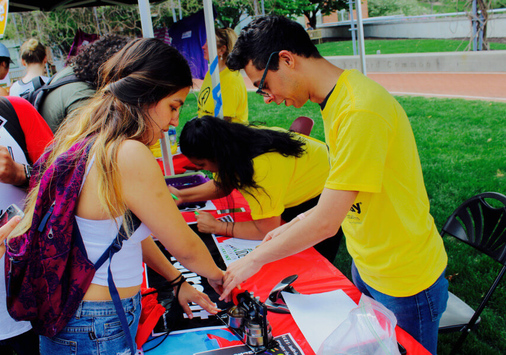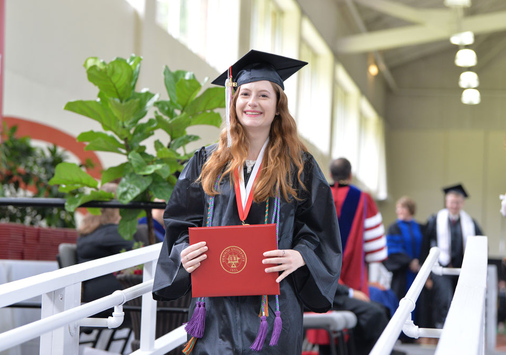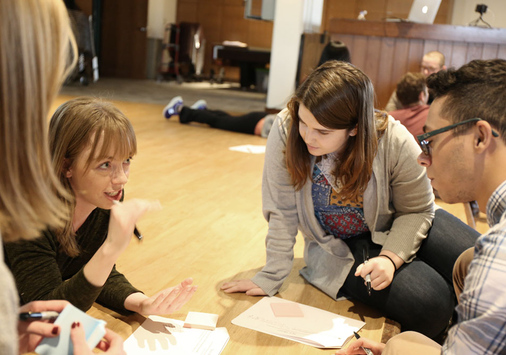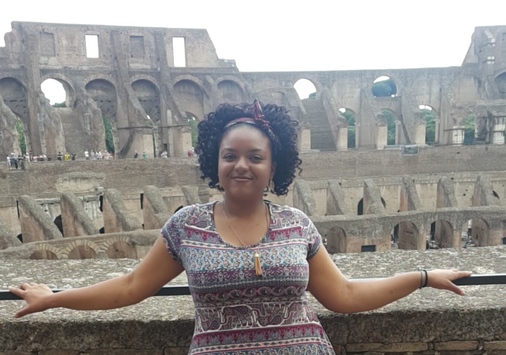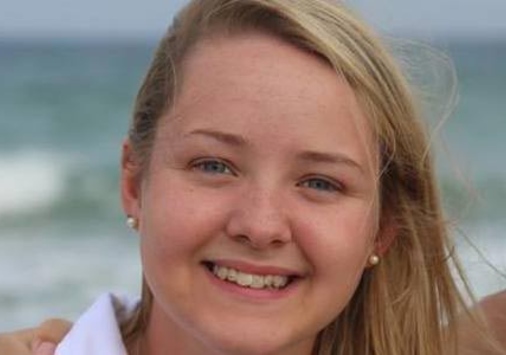
In 2015-2016, Denison conducted a study examining the barriers impeding students’ financial well-being. From that report and conversations, Denison launched many initiatives in support of students’ financial well-being.
Though the research project wrapped up several years ago, our institutional commitment to supporting students’ financial well-being has not.
Denison adjusted its financial aid packaging to ensure we meet 100% of every students’ demonstrated need.
Recognizing the stress of sudden, unexpected financial hardship, we created Red Thread Grants, small microgrants that can support students facing hardships, like prescription medicines, winter clothing, co-curricular participation expenses, and professional expenses (e.g. clothing or transportation for interview). Over the last three years, we’ve allocated nearly $70,000 in Red Thread funding in support of students’ financial well-being.
In the financial well-being study, some students shared that it was challenging for them to take unpaid or low-paying internships in the summer, experiences that are often critical accelerators for them to gain critical skills and knowledge in order to pursue their chosen field. To help alleviate this, over the last three years, Denison has invested more than $1,300,000 in providing support for student internships.
We also created an Associate Director of Career Pathways within the Knowlton Center and were fortunate to hire Anneke Mason into that role starting this past year. The intent of Anneke’s role is to provide career support particularly for low-income, first-generation, and students of color. Anneke has built significant partnerships with students in the first generation community on campus, as well as conducting further research into the specific barriers that vulnerable students face with respect to the career landscape. As a result of this position, the Knowlton Center is continually improving programs and structures to better serve the needs of all students.
Our Wellness Center has also leapt into action in support of students’ financial well-being, like offering free offering free flu vaccines to lower income students.
We heard from students that they wanted more support in navigating the complexities of finances. To aid in this, we created a part-time financial wellness coordinator position, held by Samantha Smith, who coaches students on topics like budgeting, saving, and credit, offers financial wellness programs and events, provides guidance in navigating financial situations, and oversees our Red Thread Grant program.
Many faculty and staff created individual and department-wide changes based on the report. For example, a faculty member uses only open-source content so that students would not need to buy any textbooks for his courses. The Alford Community Leadership & Involvement Center piloted an on-campus food pantry for students running low on their meal plan balances. The Provost’s Office intentionally worked to make Denison Seminars more affordable for students, heavily subsidizing the experience for all students and waiving fees altogether for high-need students.
Denison has continued to reduce barriers to students’ financial well-being in order to increase access to opportunity and to provide students with the support to thrive at Denison.
